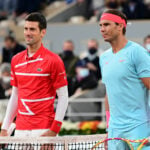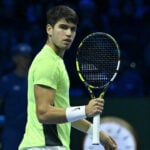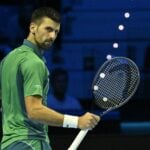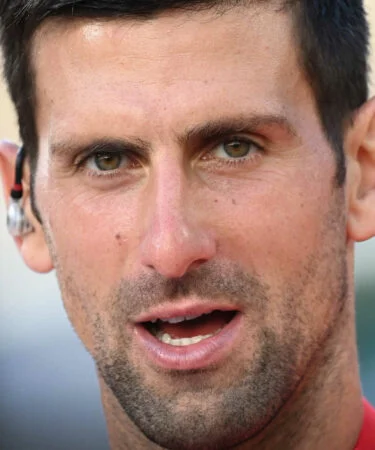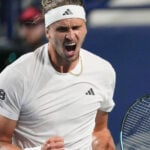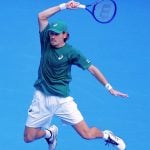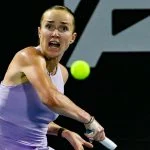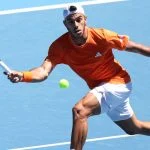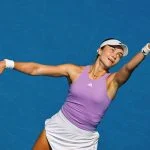Djokovic: “Mentally I wasn’t well, I had even considered quitting tennis”
During an interview published in L’Equipe, Djokovic, elected “Champion of Champions 2023” by the daily, talked about the evolution of his mentality in relation to records, and how he got out of the most complicated period of his career in 2018
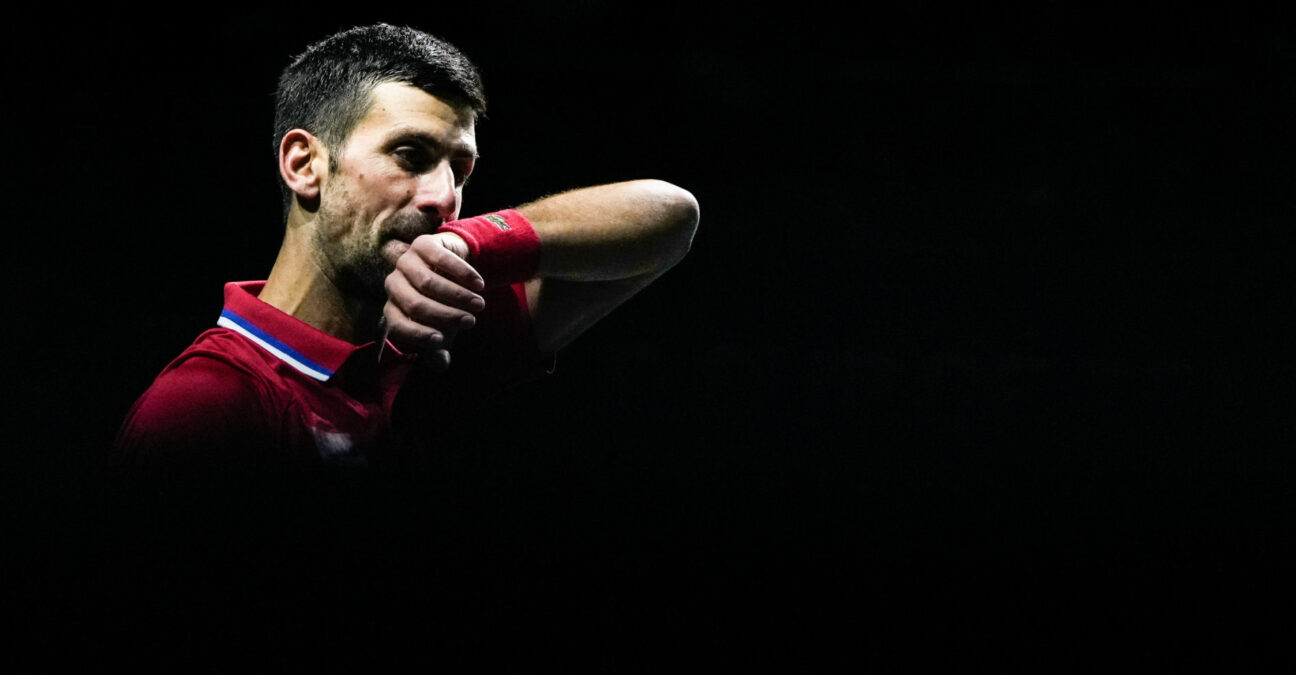 Image Credit: Zuma / Panoramic
Image Credit: Zuma / Panoramic
Novak Djokovic is not just a tennis player. He’s also an author. On the court, during his achievements, he used his racquet as a pen to write the history of his sport. In gold letters. “It’s no secret, one of the main reasons why I’m still playing and trying to break more records,” he said regularly, as he did at Roland-Garros before winning the 23rd of his 24 Grand Slam titles. A mark never before reached in the men’s category.
But when he first wrote his line, before engraving his legend, the Serb did not imagine that he had enough ink to open so many new chapters in the great book. “Actually, no, (making tennis history) hasn’t always been (an important goal),” he said in an interview published in L’Equipe on Thursday. “For the first part of my career, I didn’t think I’d get this far.”
“I wanted to be No. 1 in the world and win Wimbledon,” he said. “Until five or six years ago, I didn’t think about history, the number of Grand Slam titles and so on. No… It seemed like a long time ago. Not impossible, but very far away. After my elbow injury (in 2017-2018), I changed the technique of my serve. I was 30 years old. In a sport as demanding as tennis, around the age of 30, you start to wonder how many months or years are left.”
The older I got, the more people around me were saying that my biological clock was starting to tick, that time was ticking.
Six years later, the Belgrade native is still there. At the top. With a host of prestigious records to his name: the Masters (7), the Masters 1000 (40), or the number of weeks spent as world No 1 (406th week from January 1st). Thanks, too, to his determination and his healthy lifestyle.
“The older I got, the more people around me – not my relatives, but those in the tennis ecosystem – were saying that my biological clock was starting to tick, that time was ticking,” he told the French daily. “And the more I wanted to prove them wrong… I paid great attention to my body and mind to be better, and even better, and even better.”
In 2017, Novak Djokovic ended his season after retiring against Tomáš Berdych in the quarter-finals of Wimbledon. It was his first year without a Grand Slam title since 2010. When he returned to competition at the beginning of 2018, the injury had not completely disappeared. As a result, the Czech to eliminate him, he had to undergo surgery in February, after his loss to Chung Hyeon in the round of 16 of the Australian Open.
Although minor, it led to a top 20 exit for the first time since he entered the top 20 in October 2006, after a series of poor results by his standards – no better than a third round – until Rome. Enough to undermine his psyche. “Mentally, I wasn’t well,” he explained. “I had even considered quitting tennis for a while.” The fault, in part, lies with Benoît Paire, for the record.
“He (Novak Djokovic) told me he was quitting tennis,” his wife, Jelena, revealed in a 2020 interview with Graham Bensinger. He had just lost in Miami, a horrible defeat (6-3, 6-4 against Benoît Paire in March 2018). He got us all together and said, ‘It’s over. Eduardo (Artali, his former agent), you can talk to my sponsors. I want to be clear with them. I don’t know if I’m going to stop for six days, a year, or forever.'”
“The way he conceptualized them, said them and especially who he was, it changed everything” – DJOKOVIC ON KOBE BRYANT
In addition to the support of his dear and tender who used the temptation by playing tennis in front of him, for fun, with their children while teasing him – “No, you can’t take the racket and have fun with us, you said you were quitting” – the nicknamed “Nole” was able to count on the words of another sports legend: Kobe Bryant.
“I knew Kobe since 2011-2012,” he said. “He always helped me, especially when I needed it the most. He encouraged me, shared his experience, gave advice. We know the big words, where we need to focus our attention. But the way he conceptualized them, said them and especially who he was, it changed everything.”
“He was also asking me questions,” he added. “It was like a psychology session. Like, ‘When you come off the court, how do you feel about when you were at your best?’ We’d go into detail, to understand the mental aspect, even to evoke all the daily routines.”
After a 2018 clay-court season punctuated by a Roland-Garros quarter-final loss to surprise Marco Cecchinato and a memorable press conference – where the restrained but palpable anger born of the defeat testified to his newfound desire to win – Djokovic had won at Wimbledon. His 13th Major title. In September 2023, six years later, at the US Open, he won for himself his 24th. By paying tribute to Kobe Bryant.
